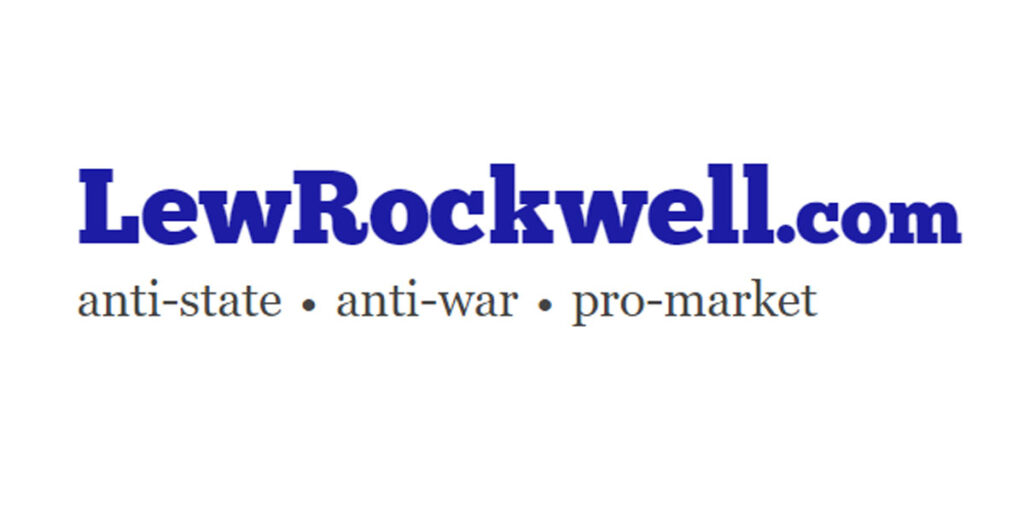In today’s discourse, a critical distinction is drawn between the concepts of “Nation” and “country”. A Nation is framed as a bureaucratic construct anchored in authority, characterized by centralized power and violence used to uphold its laws and edicts. In contrast, a country is defined as a community of individuals who share cultural ties, values, and mutual understanding, thriving together within a supportive environment. While the Nation relies on coercion and regulation, the country is built on a foundation of shared ideals, trust, and organic social interactions. The author emphasizes that the United States embodies this duality: it functions as a Nation governed by institutional power, while simultaneously representing a country filled with diverse individuals united by common experiences and ideals.
Drawing on the thoughts of Lysander Spooner, a 19th-century philosopher and abolitionist, the article criticizes the inherent coercive elements of government authority. Spooner, known for his strong advocacy of individual rights and anti-authoritarian beliefs, argued against any form of government that does not derive its power from voluntary consent. His work, particularly “The Constitution of No Authority,” highlights the dangers of overreach and the erosion of personal liberties, suggesting that unjust authority presents the most significant threat to personal freedom and societal integrity in contemporary America. The author contends that Spooner’s insights remain remarkably relevant as they reveal ongoing challenges to freedom, including excessive surveillance and government mandates.
The article posits that many contemporary government actions, such as the pervasive surveillance state and restrictions on free speech, can be interpreted as violations of individual autonomy through a Spoonerian lens. The expansion of governmental power—through increased surveillance, censorship, and mandates—poses challenges not merely to personal comfort but deeply infringes upon individuals’ rights, violating their dignity without consent. This perspective presents these actions as a form of aggression, diminishing individual sovereignty and security and resulting in what the author describes as a fundamental socio-political “rape” of personal liberties. The author argues that such overreach constitutes an assault on the principles of a free society that Spooner championed.
Additionally, the author points to the dangers of centralized power, suggesting that Spooner would be dismayed by the relentless growth of federal authority and its bureaucracies. The piece highlights Spooner’s preference for local governance and voluntary associations as preferable alternatives to the overwhelming power of a central government. Modern entities such as the Federal Reserve, along with federal agencies like the IRS and FBI, are criticized for infringing upon economic freedoms and individual rights. The author suggests that Spooner would view these expansions of government control as serious threats to both personal liberty and economic autonomy, equating them to monopolistic tyranny that benefits particular interests at the expense of the populace.
Moreover, the article addresses Spooner’s anti-coercion philosophy, particularly regarding warfare and military conscription. Spooner’s vehement opposition to slavery extends to oppose the coercion of state conscription and the burdens imposed by unjust wars. The “Military-Industrial Complex” and the continuous engagement in foreign conflicts are described as manifestations of a state power that not only requires significant funding but also results in the erosion of civil liberties. The author reinforces the idea that modern state practices perpetuate conditions akin to slavery, asserting that the expansion of governmental authority reflects a depraved relationship between the state and its citizens, which Spooner would vehemently condemn.
The concluding sentiments of the article reflect a call to action for reforming the unwieldy structure of government. The author likens the dependency on expansive governmental control to an addiction that must be methodically tapered off to restore lost freedoms. Emphasizing the urgent need for significant governmental reform, a demand arises for representatives to undertake substantial cuts to agencies and bureaucracies that have become detached from the citizens they purport to serve. The author urges for immediate action to reverse the current trajectory of oppression before it becomes even more entrenched, emphasizing the necessity for decisive change and restoration of individual rights within society. This nuanced examination of government overreach through the lens of Spooner offers a comprehensive critique of present-day governance and a rallying call for reassessing the legitimacy and function of power in order to revive the core tenets of individual freedom and communal life.

